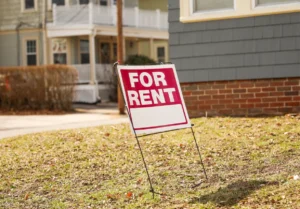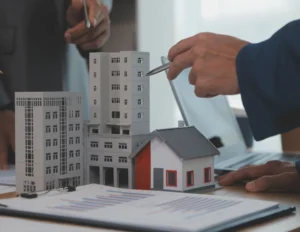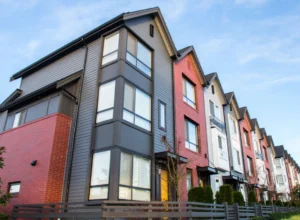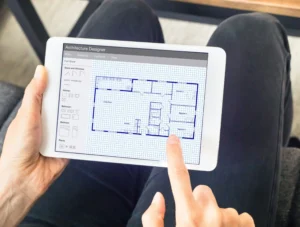Bad experiences can quickly erode a resident's patience...

What’s Driving the Resident Experience?
It’s no secret that our society has become increasingly reliant on social proof for purchasing decisions. Whether it’s for the best restaurant, best park, or best car buying experience, consumers are hitting all sorts of review sites before they say ‘go time.’
Given the importance placed upon reviews by consumers, the resident experience is one of the most important focuses for owners, operators and managers. For many potential residents, this area will play an important role in their final decision.
With that in mind, let’s dive into reviews more. For instance, why is it that some experiences only make it to a review when it’s negative (like bad parking availability…more on that in a minute), and others only get mentioned when it’s positive (like an easy move-in process)? A recent study of more than 400,000 multifamily reviews on Google by Widewail Solutions as part of their Voice of the Resident 2024 Report, examines this unique phenomenon and points to the necessity to better understand what experiences truly matter to the resident.
With a firm understanding of what matters to residents and to what extent it permeates throughout a property (as well as what problems tend to escalate quickly) operators can better plan for and deploy the right customer service necessary to please and retain residents.
The Importance of People
AI is great, right? It’s here to stay, no doubt. But guess what still moves the needle. People! Yes, humans. When looking at the biggest influencers, negative and positive, one key theme emerges — people. The Widewail study reveals that onsite teams, comprising leasing professionals, maintenance teams and property managers, are the most influential in resident satisfaction. Seven of the top 10 positive drivers and four of the top 10 negative drivers involve onsite personnel in some form.
Simply talking with residents won’t cut it as they expect genuine and professional interactions mixed with the ability to quickly and efficiently solve problems if needed. Residents also expect prompt and clear communication from management, particularly when addressing concerns or inquiries. Attentiveness and results will build rapport with residents. Unresponsive or dismissive behavior can quickly erode trust and breed resentment. These interactions have a greater chance of showing up in a review than any other facet of the community.
We can also support teams by giving them the right tools, training and communication protocols to effectively and efficiently manage property amenities.
Need a Lease Agreement?
Access 150+ state-specific legal landlord forms, including a lease.
A Call for Prompt Service
Residents don’t want to wait. Raise your hand if you were surprised with that take! Not many hands, I’d bet. In the study, maintenance issues emerge as the most frequently cited concern in negative reviews, highlighting the critical role of prompt and effective service in shaping a resident’s experience. Residents express frustration when their maintenance requests are met with delayed responses or prolonged wait times, according to the Widewail study. Clear communication regarding timelines can go a long way in mitigating dissatisfaction.
This again underscores the importance of establishing clear policy, communication and follow-through when it comes to resident services. When something doesn’t go right, it can quickly erode a resident’s patience and confidence in management’s ability to address concerns effectively. That’s when the bad reviews pour in.
Addressing Issues Before They Begin
Owners, operators and management teams will also find a handful of areas that have a much higher likelihood of appearing in negative reviews than they do in positive ones. Parking is a good example of this. A bad parking experience will show up in more than 11% of negative reviews while a good parking experience is present in barely over 1% of positive reviews.
Parking issues are easily addressed by establishing expectations for residents upon moving in. For a tight parking situation, companies can consider automated parking systems that help manage spaces without help from onsite teams. Transparency is the optimal solution for dealing with fees and this goes a long way in building trust.
Parking is an issue for 3 in 10 properties and this carries through to renewal, where parking issues are mentioned 42% more often than the industry benchmark. As properties evolve, managing parking before it becomes an issue will reflect in your reputation.
An exceptional resident experience is an ongoing journey, one that requires a deep understanding of resident needs and a willingness to adapt and evolve. By embracing this holistic approach, communities can unlock the secrets to creating a truly remarkable living experience, where residents thrive, connections flourish, and reviews soar.
Source: Multifamily Insiders













 Accessibility
Accessibility